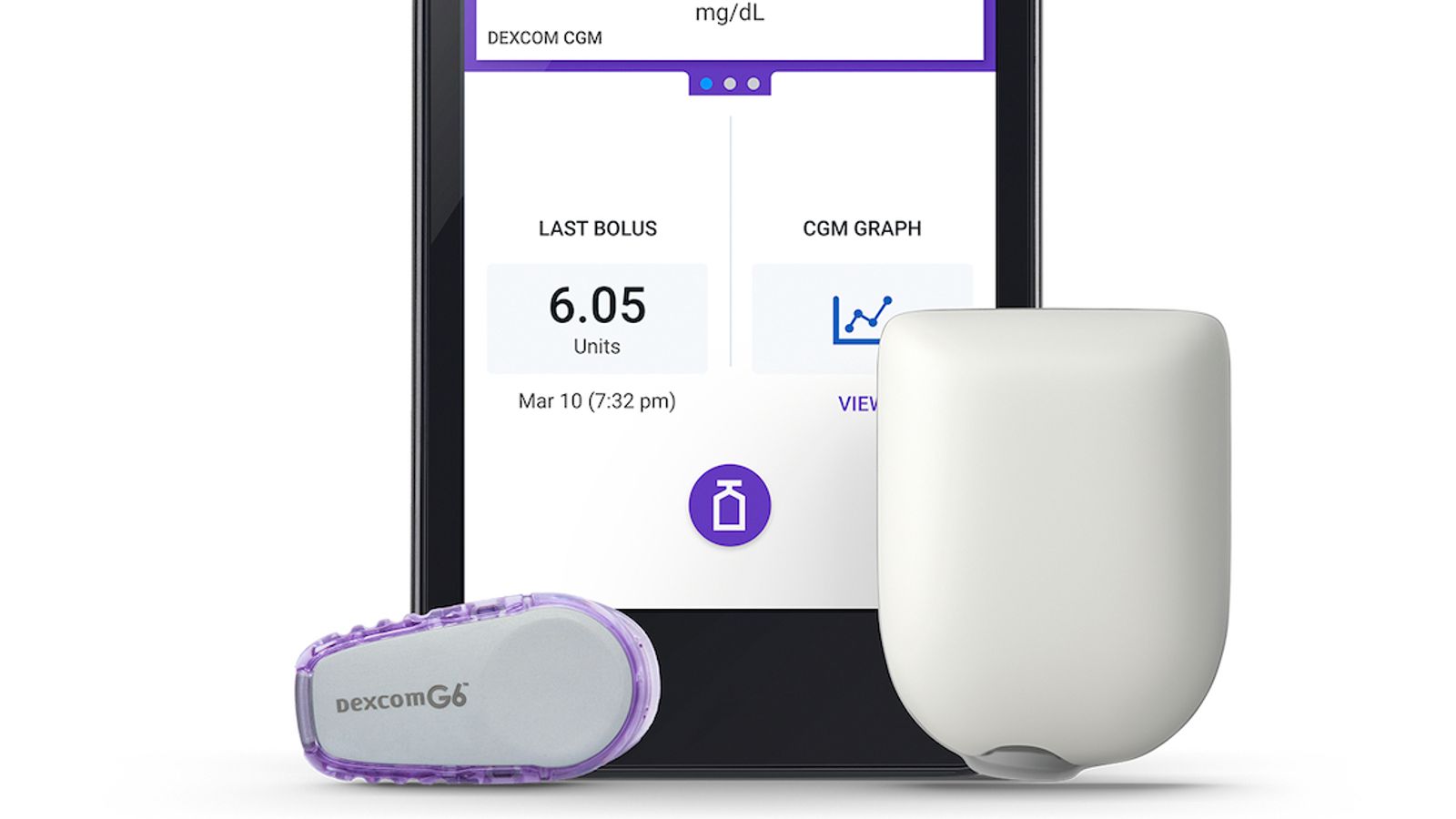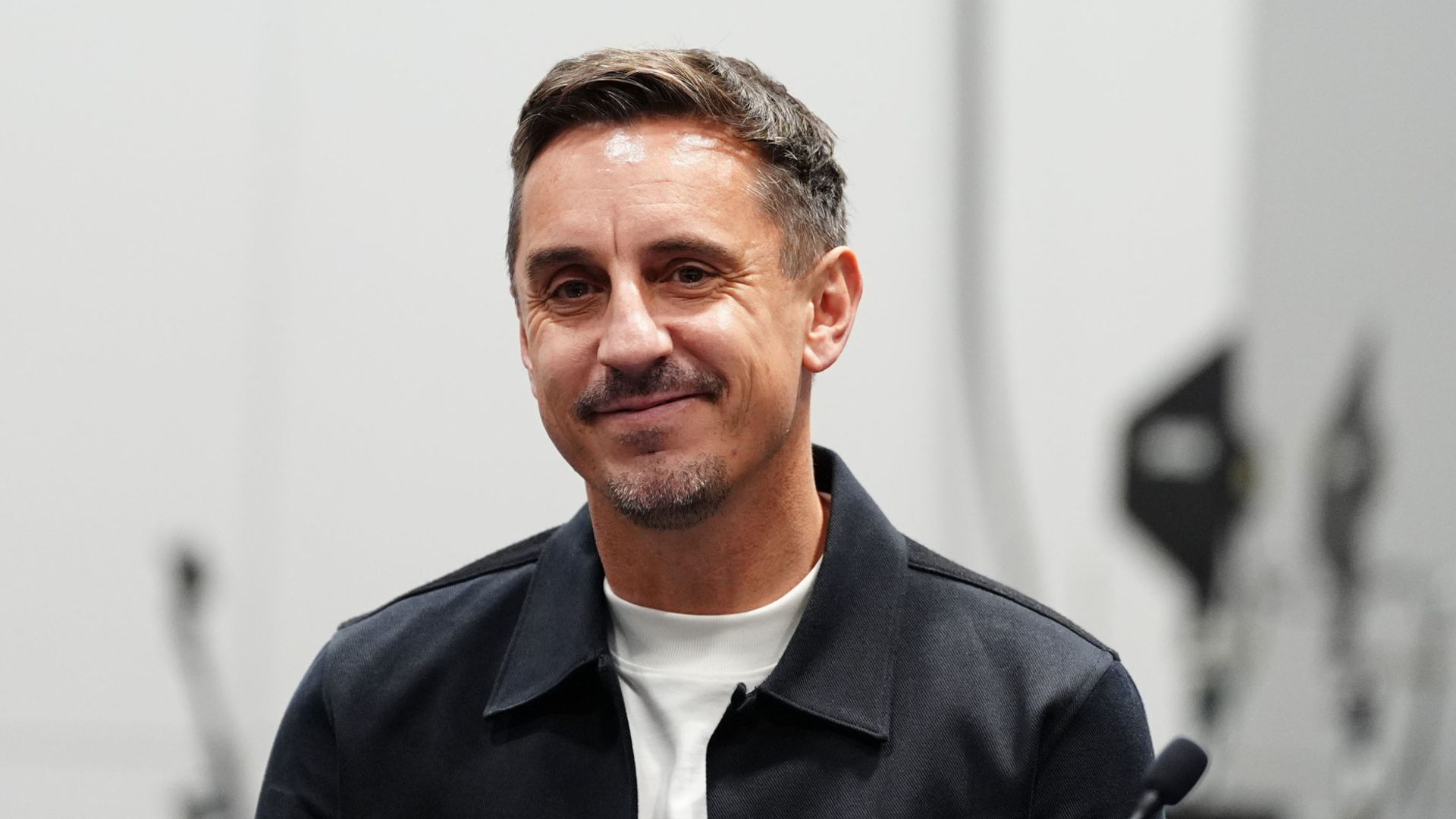Auto-injecting blood sugar trackers will be handed to more than 100,000 diabetics in England under an NHS scheme.
The new body-worn monitors, likened to an artificial pancreas, pump insulin into the body whenever it is required.
The hybrid closed-loop monitors will help patients manage blood sugar levels without having to monitor their levels manually.
It means type 1 diabetics won’t need continuous glucose monitors or finger-prick tests to check their levels – nor daily insulin injections to treat the disease.
The National Institute for Health and Care Excellence (NICE) said an estimated 105,000 people in England will be offered the technology, which costs around £5,700 per year.
Diabetes UK said the new devices can “greatly alleviate the emotional burden of diabetes”.
Policy manager Nikki Joule said: “Type 1 diabetes can take a huge mental toll, with people manually calculating how much insulin they need regularly throughout the day.
“By automating these calculations, hybrid closed-loop technology can greatly alleviate the emotional burden of diabetes.”
People currently unable to manage their symptoms should first be offered the technology under a provisional rollout, according to guidance from NICE.
Pregnant women should also be eligible, it added.
NICE’s interim director of medical technology said: “Some people living with type 1 diabetes struggle to manage their condition, even though they are doing everything asked of them by their diabetes team.
“This technology is the best intervention to help them control their diabetes, barring a cure.
Read more on Sky News
The ultimate homework cheat? How teachers are facing up to ChatGPT
How cancer vaccines work and all you need to know about govt’s BioNTech deal
“We look forward to working with NHS England and industry to ensure a cost-effective price can be reached which is fair to taxpayers.”
NHS England’s national specialty adviser Professor Partha Kar added: “This technology has been proven to give the best control for managing type 1 diabetes and should make things like amputations, blindness, and kidney problems possibly a thing of the past.
“We have seen fantastic results from the real-world trials which have taken place and thank you to NICE for their review of the evidence and subsequent conclusions.
“The quality of life this technology gives to those using it is huge.”








